BLOG
Categories
Challenges Faced by Adoptive Parents: Navigating Complex Emotional and Legal Landscapes
Understanding Adoption Dynamics
Adoption brings unique challenges related to identity and relationships with birth parents.
You will explore how identity formation can be affected and how adoptive families navigate connections with birth parents.
Adoptive Families and Identity Formation
Adopted children can face challenges with identity formation. They may wonder about their origins, leading to personal questions about who they are and their place in the world.
It can become particularly pronounced during adolescence, a time when identity is explored by many young people.
In adoptive families, creating a sense of belonging is important. This means supporting open discussions about the child's history and fostering a safe environment where questions are welcomed.
This approach can help build confidence and self-awareness among adoptees.
You should encourage open communication to reduce feelings of isolation and confusion. It allows adopted children to express their thoughts and emotions, crafting a better sense of self.
Navigating Birth Parent Relationships
Navigating relationships with birth parents can be complex for adoptive families. Keeping the lines of communication open can be beneficial, but it requires careful balancing of emotions and boundaries.
Your family may choose to maintain contact with birth parents through letters, calls, or visits. These interactions can help fill in missing pieces of the adoptee's background and identity.
Setting clear boundaries and expectations is key. It’s crucial to manage these relationships thoughtfully to ensure they are healthy and supportive.
By doing this, you can foster an environment where adoptees feel secure and rooted, enhancing their sense of belonging.
Emotional Challenges in Adoption
Adoptive parents often encounter a range of emotional hurdles. These can include feelings of grief and loss, as well as dealing with rejection and abandonment. Understanding these challenges can help in managing them effectively.
Grief and Loss in Adoptive Parents
Adoptive parents may experience grief and loss due to unmet expectations or the acknowledgment of infertility. Recognizing that the adoption journey is different from biological parenthood can bring up feelings of sorrow.
You might feel a sense of loss regarding the child you imagined versus the reality.
Depression can sometimes emerge from these feelings, affecting emotional well-being. It's crucial to actively address these emotions to foster a healthy family environment.
Building a support network with other adoptive parents or seeking counseling can be helpful.
Sharing your experiences with supportive individuals can aid in processing these emotions. Emotional healing is personal and may take time, so patience with yourself is important.
Dealing with Rejection and Abandonment
Adopted children might struggle with feelings of rejection or abandonment, which can sometimes translate into emotional difficulties for adoptive parents. You might face situations where the child feels unwanted or struggles to trust their place in the family.
The fear of abandonment may manifest as behavioral challenges in the child, impacting family dynamics.
As an adoptive parent, patience and understanding are crucial. Open communication and reassurance can help ease these fears.
Encouragement and consistent emotional support are important. Establishing a trusting relationship takes time, but it lays the foundation for a secure, loving family environment.
Adopting coping strategies like family counseling can also be useful in navigating these emotional challenges effectively.
Support Systems and Interventions
Adoptive families often benefit from structured support systems. Therapy and counseling can improve family dynamics, while community support fosters acceptance and understanding. Both are essential for long-term success.
Therapy and Counseling for Adoptive Families
Counseling plays a critical role in supporting adoptive families. It helps you address challenges like identity issues and loss.
Family therapy provides a safe space to express emotions and build healthier relationships. Meanwhile, individual counseling helps parents and children process emotions, leading to healing.
Therapists skilled in adoption-related issues offer tailored interventions that focus on common challenges. Support doesn't just target problems; it also builds resilience.
These sessions can help strengthen your family bond and encourage open communication.
Community Support and Acceptance
Community involvement enhances interpersonal connections. Local groups and online forums give you access to shared experiences and advice.
Being part of a support group can reduce feelings of isolation, offering a sense of belonging and acceptance.
Engage with communities that understand adoption-specific needs. These environments foster open dialogue and allow you to share and learn in a supportive setting.
Participation not only benefits you but contributes to the broader understanding and acceptance of diverse family structures.
Specific Considerations for Adopted Children

Adopted children may have unique needs and face challenges that require special attention. These can range from managing special needs to dealing with issues of self-esteem and supporting adolescents during complex developmental stages.
Special Needs and Adoption
Adopted children may have special needs that require additional support. Special needs can include physical disabilities, emotional issues, or cognitive challenges.
You may find it helpful to connect with professionals specialized in these areas, such as therapists or educational specialists.
It's important to perform regular assessments, such as using the Child Behavior Checklist, to monitor progress. This allows you to address any issues early on and ensure that your child receives the best care possible.
Addressing Sexual Abuse and Low Self-Esteem
Unfortunately, some adopted children might have encountered past sexual abuse. This can significantly affect their self-esteem and confidence.
You should be aware of signs like sudden changes in behavior or avoiding certain people or places.
Providing a safe and stable environment is crucial. Counseling and therapy can help in rebuilding trust and improving self-image.
Encourage open communication, ensuring they feel comfortable discussing their feelings and experiences with you.
Adopted Adolescents: Challenges and Support
Adolescence can be a challenging time for adopted children, often dealing with questions about their identity and belonging. This can lead to a sense of confusion or feeling not fully integrated into their adoptive family.
Communication is key; encourage your child to express their feelings and thoughts openly.
Offer supportive environments both at home and school, and consider joining groups with other adoptive families. These can offer insights and foster a sense of community.
Understanding these challenges can help you provide the necessary support during this critical stage.
Preventing and Managing Adoption Breakdown

Adoption breakdown can be a difficult experience for both parents and children. Understanding what causes instability and learning strategies to prevent and handle these issues can make a significant difference in fostering successful adoptions.
Understanding Adoption Instability
Adoption instability can arise due to several factors. Children may face emotional or behavioral challenges stemming from past trauma or neglect.
Adoptive parents might feel unprepared for these situations, leading to stress and doubt about their parental role. A lack of support services or inadequate post-adoption resources can also contribute to breakdown.
Recognizing these potential issues early can help manage expectations and prepare you to address difficulties.
Being informed about these common challenges can empower you to take proactive steps that build a stable, supportive environment for your adopted child.
Strategies for Prevention and Recovery
Effective prevention starts with preparing yourself before bringing a child into your family. Educate yourself about adoption-related issues and consider seeking guidance from adoption specialists.
Establishing a strong support network is crucial. Engage with other adoptive families, therapists, and counselors to create a safety net of people who understand what you’re going through.
Communication plays a key role in supporting children dealing with trauma. Listen actively to their concerns and express empathy.
If challenges arise, don't hesitate to seek help from professionals trained in adoption-related issues.
Actively involving specialists and utilizing resources can aid in navigating recovery, providing necessary psychological relief, and strengthening family bonds.
Frequently Asked Questions

Adoptive parents face challenges related to social adaptation, understanding the adoption process, and bonding with their children. The experience of adoption can vary across different countries and cultures, and both adopted children and adults may face unique emotional struggles.
What are common social challenges that adoptive parents encounter?
Adoptive parents often find themselves addressing questions and comments from others about their family structure. Managing varying cultural backgrounds when a child comes from a different heritage can also be a concern.
How do adoptive parents navigate the complexities of the adoption system?
Navigating the adoption system requires understanding legal processes and paperwork. Adoptive parents must be patient with timelines and requirements specific to the type of adoption they pursue, such as domestic, international, or foster care.
What concerns do adoptive parents have about bonding with their adopted children?
Bonding can be challenging if children have experienced trauma or multiple placements. Parents may worry about forming secure attachments, particularly if adoption occurs at an older age.
How does the experience of adopting a child differ in various countries or cultures?
The process and legal requirements for adoption differ widely by country. Cultural attitudes toward adoption and the availability of post-adoption support can also vary greatly, influencing the experience.
What are the primary emotional struggles faced by adopted children?
Adopted children may struggle with identity and a sense of belonging. Feelings of loss or rejection can arise, particularly related to their birth family. Emotional support and open communication can help address these issues.
How do adopted adults cope with issues related to their adoption?
Adopted adults may face challenges related to identity and family history.
Some seek information about their birth family or struggle with feelings related to their adoption experience.
Support groups and counseling can provide assistance.
RECENT POSTS
Bringing and keeping families together!










